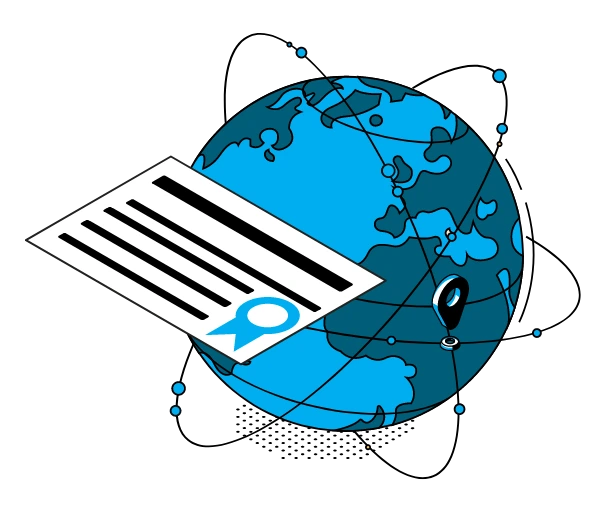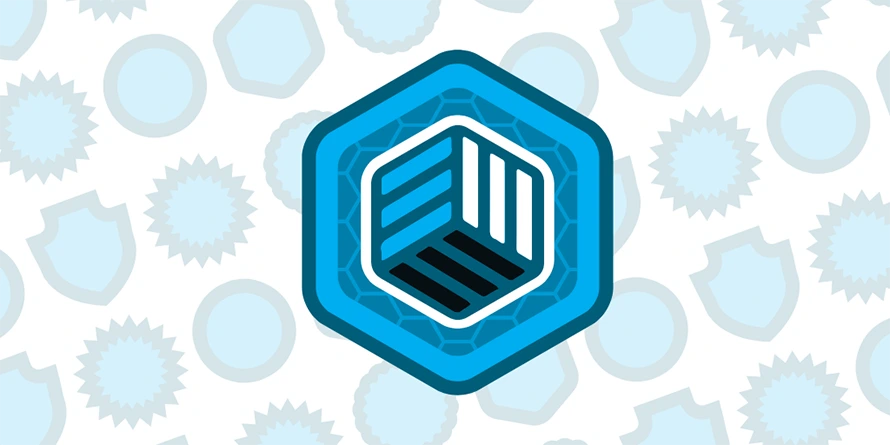The share of e-learning in education is constantly growing, and is a phenomenon that has been greatly accentuated by the COVID-19 pandemic. While the flexibility and ease of learning online is now beyond all doubt, we have however seen certain negative consequences of this method, above all, the low motivation and engagement of some students. Not attending classes in person can lead to a sense of isolation, a loss of engagement, and even a loss of meaning in the learning process. The use of digital credentials and micro credentials or badges in online learning can significantly improve this situation.
How can digital credentials help engage students more in their online learning? BCdiploma has the answer!
Ensuring better student engagement is essential
In a classroom, it is easy to build a relationship with learners, get an idea of their attendance, their concentration, and their commitment to the learning process. E-learning, however, despite it being otherwise extremely practical, can quickly lose its human dimension. The first consequence of this is inevitably some students falling behind, with a loss of interest over the medium term, and, finally, in the worst case scenario, their dropping out or failing the final exam.
For this reason, the design and implementation of online courses must take into account the engagement of students and do everything possible to maintain it at a high level.

How can digital credentials help engage students?
What is a digital credential?
A digital credential is a digital certificate issued by an authoritative body. It has probative value, and provides verifiable information on the nature of the certificate, the identity of its holder, and that of the entity that issued it. Digital credentials can come in several formats and have several uses, but there are three specific types of digital credentials that can be particularly useful in the field of online learning:
Visualizing the progress of each student
In the context of a physical classroom, learning modules are naturally broken down into days, weeks and semesters, punctuated by various assessments and separate projects. However, this is more difficult with e-learning, which lacks similar deadlines throughout the course, leading to demotivation for learners.
Setting up a system of Open Badges makes it possible to divide the learning process up into small units of knowledge that the student can validate one after the other, and which, all together, provide a set of skills and knowledge constituting a diploma in its own right.
In addition to breaking up the monotony of distance learning, Open Badges allow the student to know exactly where they are and follow their own progress across the various modules that make up their course of studies. This facilitated visualization of their progress can also be useful for teachers and the institution issuing the digital diploma.
Open Badges are easily sharable
Open badges and micro-certifications have the dual advantage of good design and ease of sharing, which makes them ideal for use on social networks. Once an Open Badge has been earned, a student can publish it on Facebook, LinkedIn or the social media platform of their choice, and, therefore, share this object of pride with their network of friends, family, acquaintances and potential employers. Just as they would already do with their end-of-studies certificate or diploma. These digital certifications are perfect for showing off their learning: the badge is like a little trophy given to a person for their services rendered, their qualities, or the skills they have acquired. Above all, it is an object of pride and a mark of recognition for the work accomplished.
Similarly, digital credentials can easily be shared as part of a job application.

Create your blockchain-certified digital credentials with BCdiploma!
BCdiploma is a platform that supports educational and training institutions in the creation and management of digital credentials. This reliable, modern and easy to set up solution has many advantages for both students and institutions. To find out more about Open Badges, micro-certifications and their uses, get in touch with us now!
